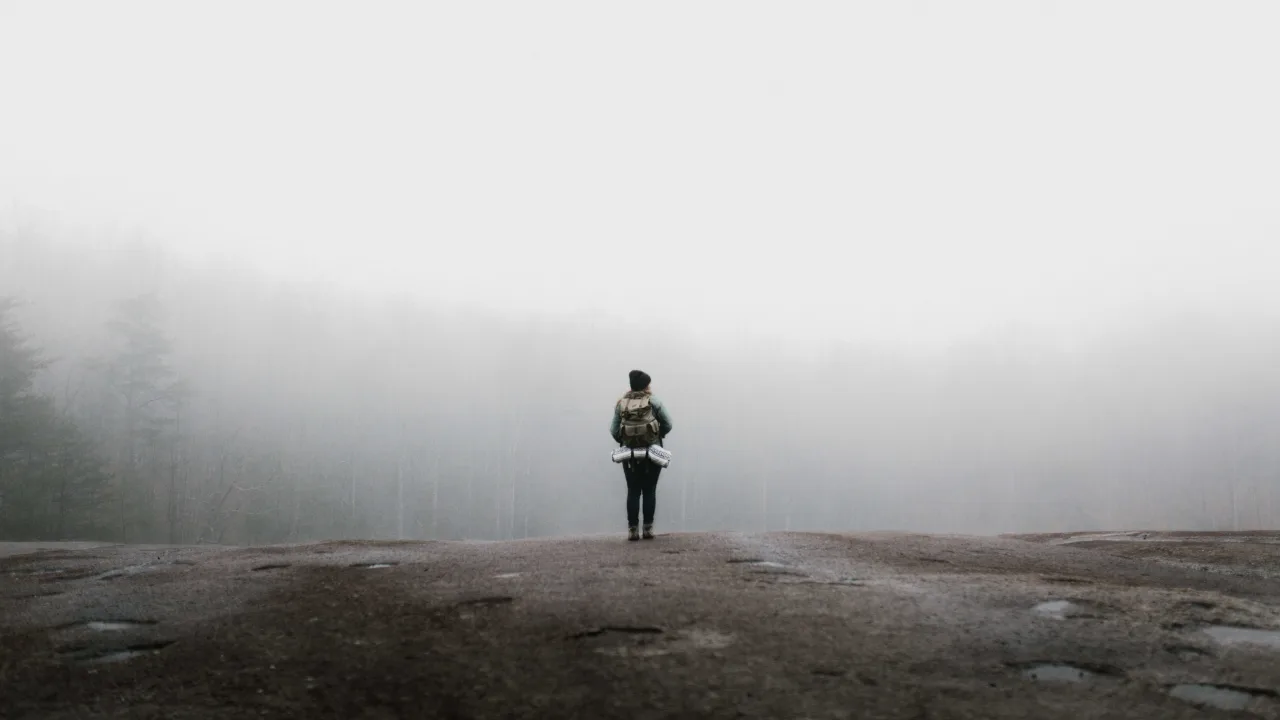Git Commits Year In Review
Reading time: 3min

A few years back I saw a post by someone where they created a video by capturing a picture from their webcam each day and then combined them together into a movie. I was struck by how interesting it was to watch small changes in a person over time. So I thought I would try to do something similar.
Unfortunately, I knew there was no way I could remember to take a picture every day. Even if I could, it would quickly become one more task to complete in my already packed days. I needed a way to automate the process.
A bit later I learned about Git Hooks and saw someone who used git hooks to take a webcam picture. (I unfortunately cannot remember where I first saw this, or I would credit them...)
A git commits timeline
I created a post-commit git hook that would take a picture with the built-in
webcam immediately after each commit. It's as simple as creating a file inside
your project's .git/hooks directory named post-commit. Chances are, there
are some samples already in that directory.
Inside the post-commit file paste this snippet:
#!/usr/bin/env ruby
file="~/Dropbox/gitshots/#{Time.now.to_i}.jpg"
puts "Taking capture into #{file}!"
system "imagesnap -q -w 3 #{file}"
exit 0Lines 2, 3 and 4 are the ones we need to focus on.
Line #2 defines where the new image will be saved. I use a Dropbox folder
for this which allows me to work from multiple machines and have all git shots
saved together. The #{Time.now.to_i} bit creates a file name based on the
current time. This makes sure that each file has a unique name and is easily
kept in the correct order.
Line #3 prints a message to the console with the file name each time the script runs.
Line #4 takes the actual picture and saves it to the path and filename that was defined in line #2.
Creating a movie or Gif.
If you want to create a movie or gif from your gitshots, you will need to
install ImageMagick. ImageMagick is a powerful image editing and
transformation tool that offers us some command line functionality.
If you are a homebrew user, simply brew install:
brew install imagemagickOnce the ImageMagick installation completes, navigate into your gitshots
directory and run this command:
convert -quality 100 -delay 30 *.jpg _myGifName.gifOr for a movie:
convert -quality 100 -delay 30 *.jpg _myMovieName.mp4This will run a conversion with the quality set to 100 with a delay of 30
ticks per second between each image. Every JPG in the current directory will
be used, and the output file will be saved in the same directory with the name
_movie.mp4.
Note: In my own tests the video always seems to have a render error about 4/5 of the way through. I've tried using fewer images or lowering the quality with no luck. If any of you know the reason, I'd love to know why!
Automate the post-commit creation.
Copying our new post-commit file into every new repo will become tiresome very
quickly. Luckily Git allows us to create templates that all new git repos will
be initialized with.
Templates for git hooks live in ~/.git_template/hooks/. Simply drop in your
post-commit file and the next time git init is run in a directory, the git
repo will include this post commit function.
The finished product
Since the video creation wouldn't work, here is a sample Gif:
